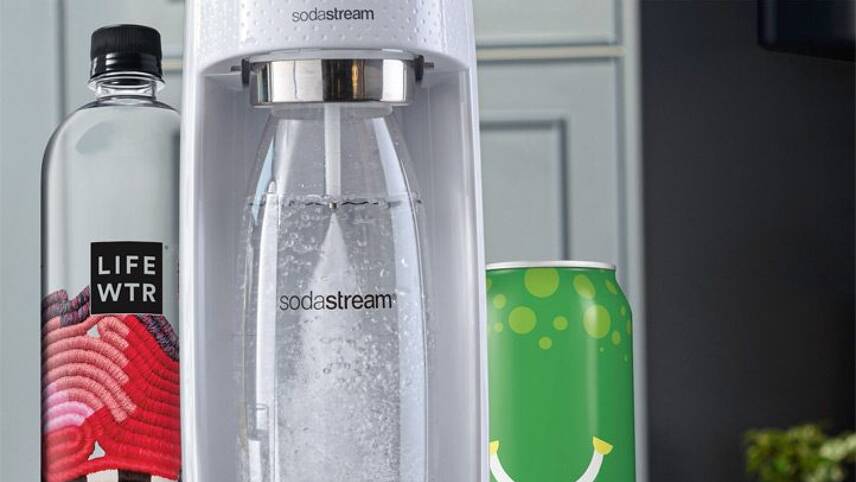Register for free and continue reading
Join our growing army of changemakers and get unlimited access to our premium content

Lifewatr will be packaged in 100% recycled polyethene terephthalate (rPET) in the US. Image: PepsiCo
The new target, measured against a 2018 baseline, builds on existing goals to make 100% of PepsiCo’s packaging recyclable, compostable, or biodegradable; and increase its use of recycled content in plastics packaging to 25%, agreed as part of the firm’s commitment to the UK Plastics Pact.
Progress against the new target will be driven by increasing the use of recycled content and alternative packaging for select beverage brands, including Lifewatr, bubly and Aquafina.
Lifewatr will be packaged in 100% recycled polyethene terephthalate (rPET) in the US, while Aquafina will be offered in aluminium packaging starting in 2020.
“While our efforts are far from done, this is one more step in PepsiCo’s journey toward helping to build a world where plastics need never become waste,” PepsiCo’s chief executive Ramon Laguerta said.
“Even as we work to accelerate business growth, we continue to make important progress toward a circular economy for packaging, a responsibility we take very seriously.”
SodaStream
In December 2018, PepsiCo completed the acquisition of SodaStream, an in-home water brand that transforms tap water into flavoured and sparkling drinks in a deal worth $3.2bn. Through expansion to this business, PepsiCo estimates that 67 billion plastic bottles will be avoided through to 2025.
The company is also offering refillable plastic and glass bottles across Latin America and Asia for brands including Pepsi, 7UP and Mirinda.
In 2018, PepsiCo’s total virgin plastic volume use was 2.2 million metric tonnes.
The US-based food and drink business has partnered with plastic innovation firm Loop to purchase a supply of recycled PET (rPET), which it claims it will incorporate into its packaging for the first time in early 2020.
Loop claims that its recycling method can recycle “low-value” plastic waste streams into food-grade packaging, regardless of plastic colour, transparency and condition.
The company was named as the world’s second-largest corporate plastic polluter last year, behind rival firm the Coca-Cola Company, in a report from Greenpeace.
Over the course of 239 clean-ups in 42 countries across six continents, volunteers collected more than 180,000 pieces of plastic. According to the report, packaging produced by Coca-Cola, PepsiCo, and Nestlé collectively accounted for 14% of the branded items retrieved during the clean-ups.
Matt Mace


Please login or Register to leave a comment.